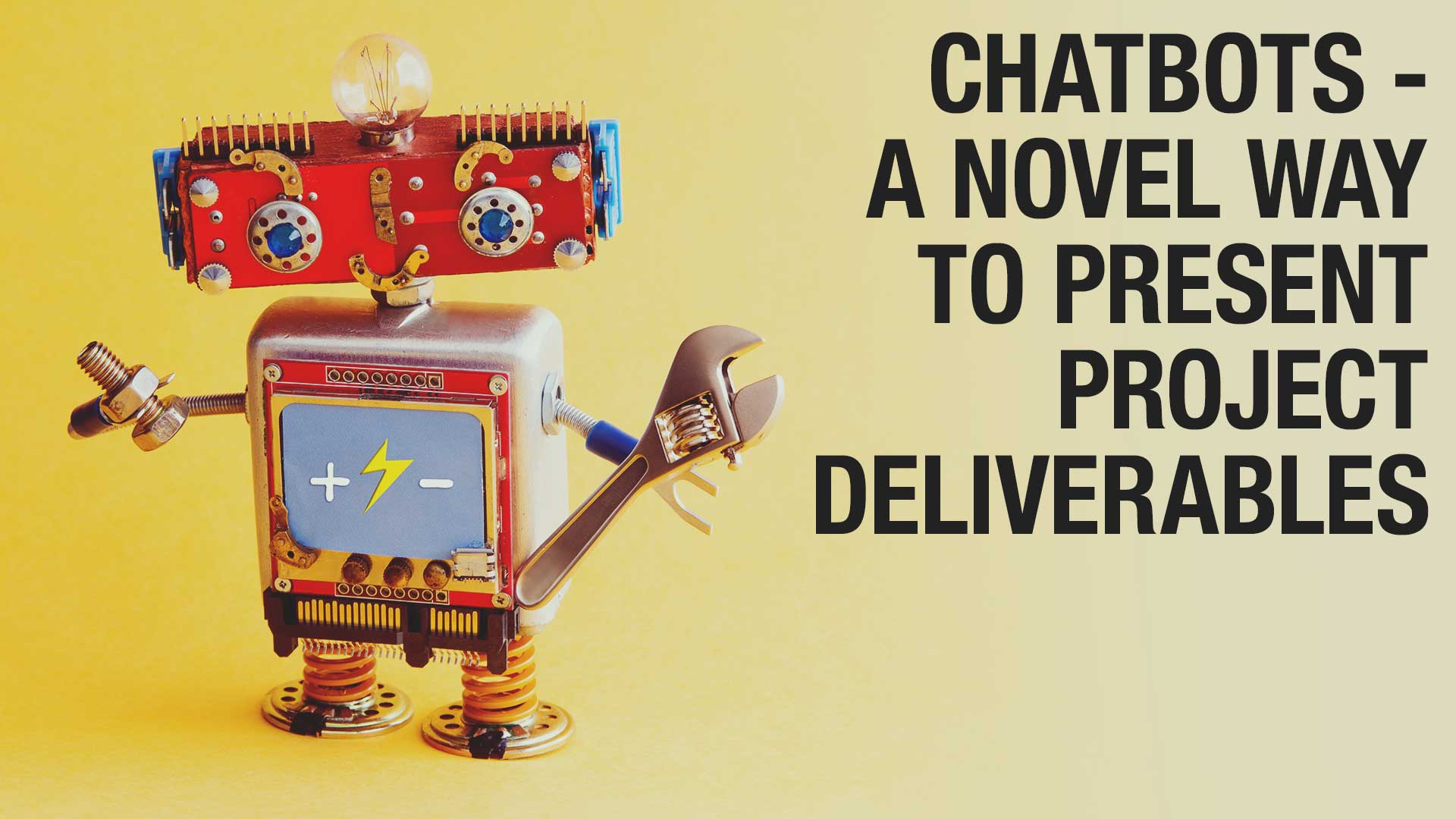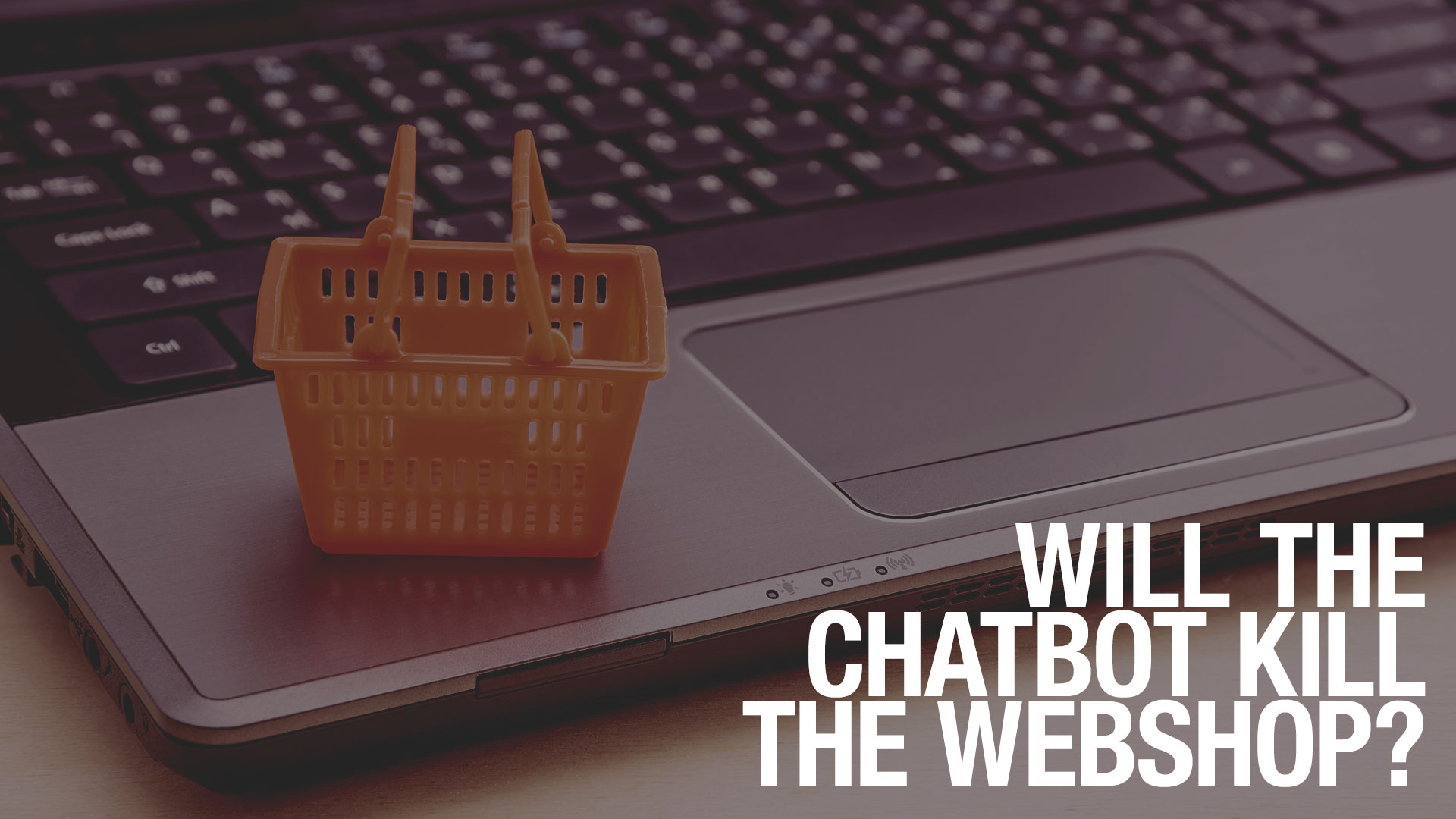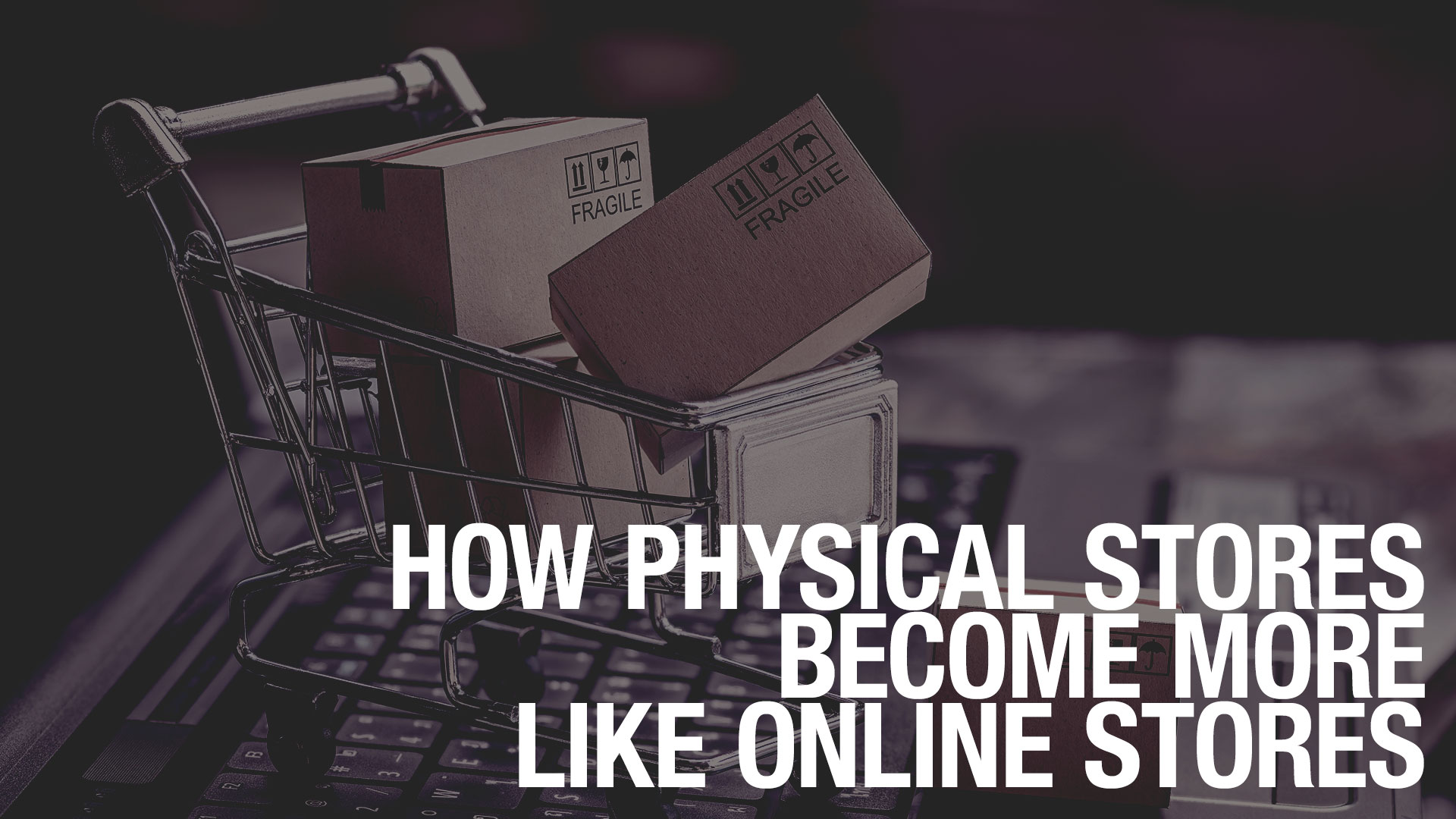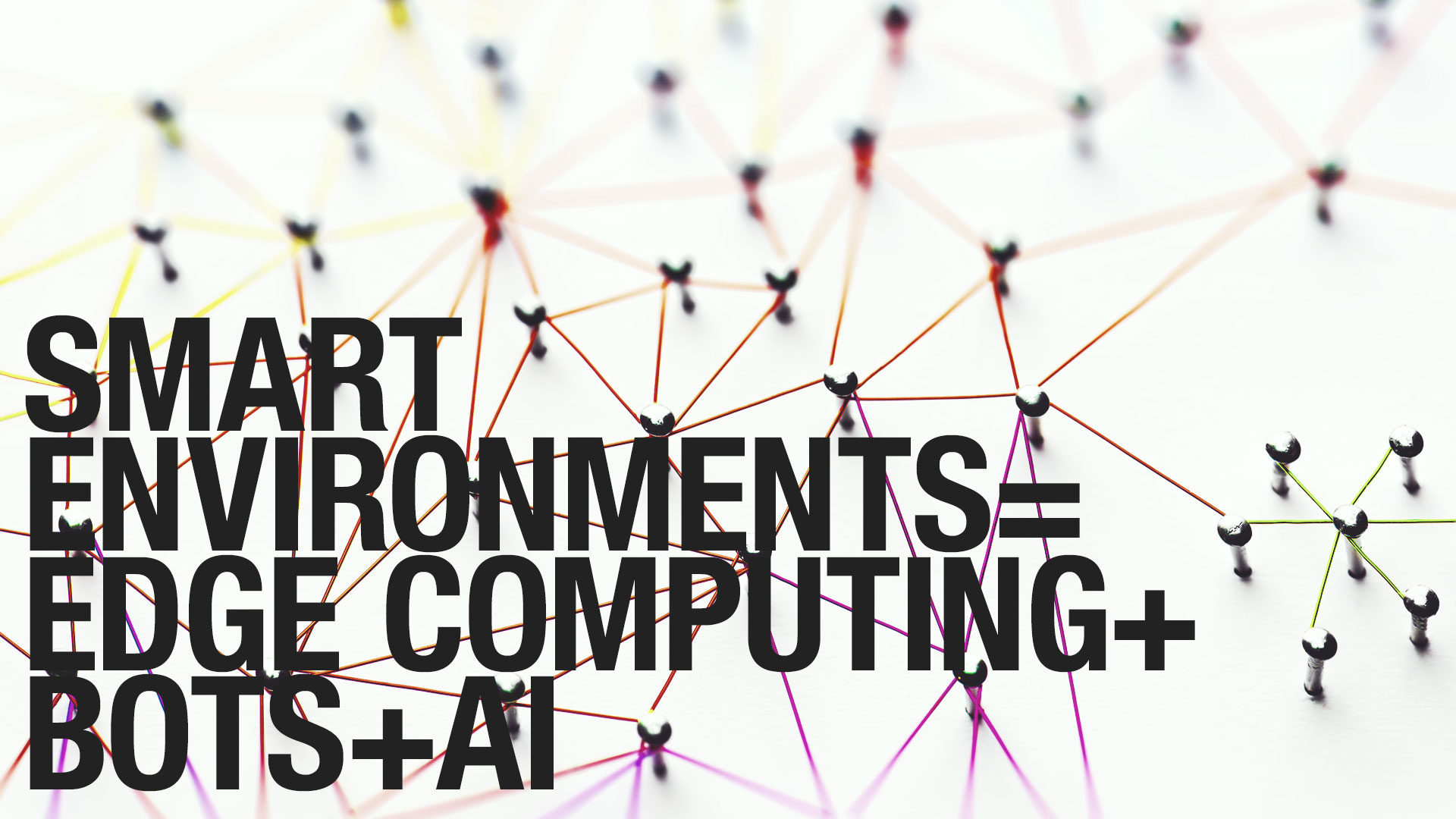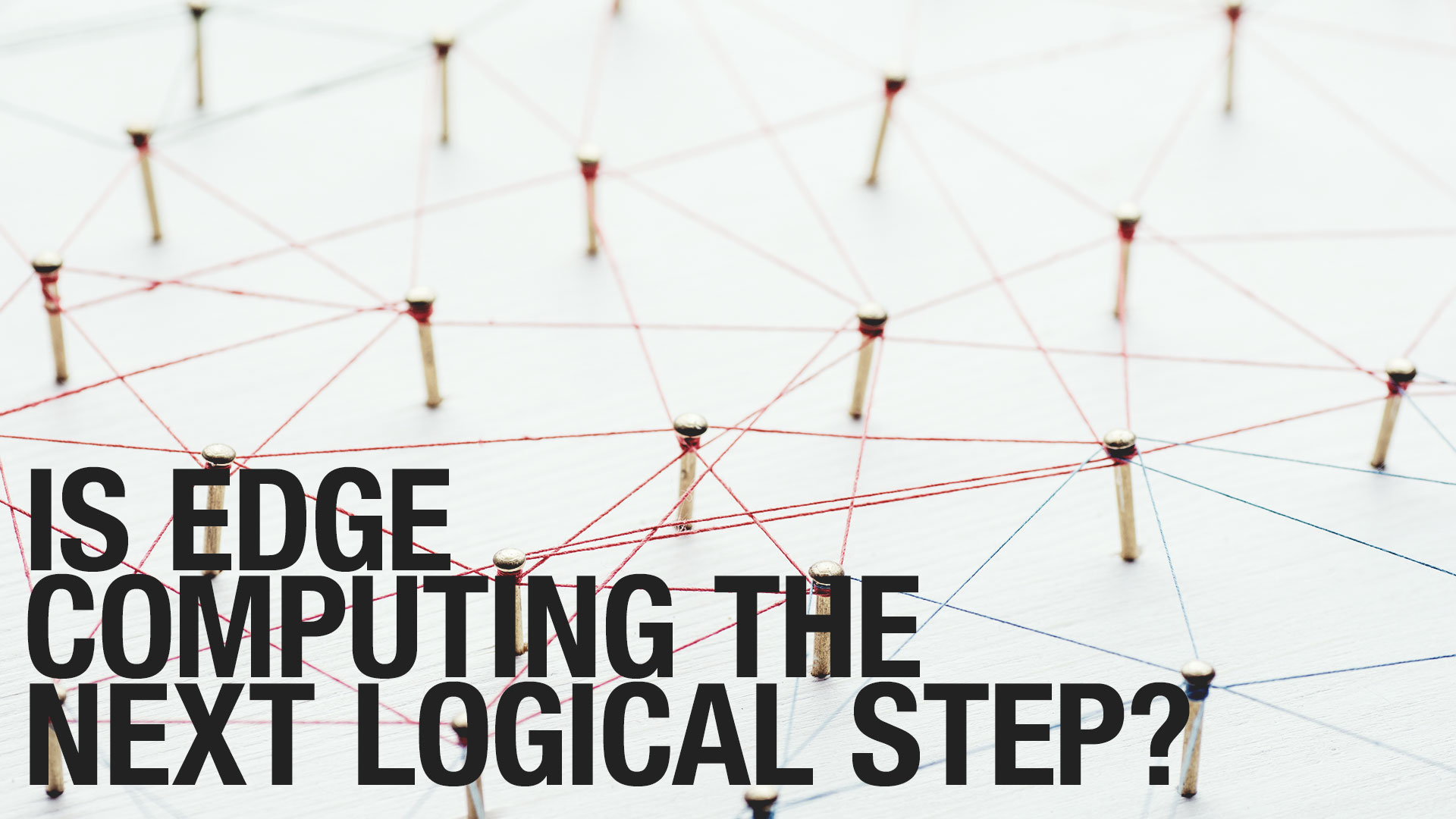We’ve been working on a mobile process language for quite some time now. During this process we’ve been devising several names for this language. We started with Tweetflows, moved to EGON and we’ve settled for lal – little activity language. The name describes the basic design principle, which is the encapsulation of (semi-)structured actions as...
Category: SOLOMON
The future of our shopping is Amazon-like? Is it over? Does it mean the crash of the retail industry?
Amazon is the digital 800 pound gorilla that stepped into the brick and mortar arena recently. What does this mean for existing businesses? Is it already too late from them and they just should roll over and give up? We in SOLOMON do not necessarily think so. Find out more why on the ITEA blog.
Chatbots – A novel way to present Project Deliverables
If you are like me, you love to download project deliverables and read through those PDF files to extract the most important pieces of information. Also, you love to produce dozens of pages for deliverables when working in a project. Right? Well, truth be told, I’m not overly keen on this kind of work and...
Introducing LEIA – Your Shopping Avatar
Wouldn’t it be nice of you have your own personal assistant that helps you with all your shopping endeavors? An assistant that goes for you through advertising material and filters out news, coupons that are of interest for you? We are working on a personal assistant that brings these features to your mobile in the...
The Shopping Avatar Goes Life
At the EUREKA Innovation Days in Helsinki we took the opportunity to introduce a working prototype of our Shopping Avatar, Mobile Personal Shopping Assistant, respectively, to a broader public. Our prototype shows how we envision the interaction of customers using a Mobile Shopping Assistant and a Micro Popup Store. At its core is the transfer...
The Shopping Avatar
Broadly defined, an “avatar” is a virtual being that represents a user in a virtual environment. This encompasses not only complex beings created for use in online gaming but any visual representation of a user in an online community [1]. However, avatars are most popular in online gaming, since they represent successful feats of users...
Will the Chatbot kill the Webshop?
If Rob LoCascio [1] is to believed we are going to see major changes in the way e-commerce is conducted in the very near future, i.e., this year. Shop websites will eventually go away and make room for conversational interfaces (bots). I find this thought intriguing and I think there are already sings that this...
How Physical Stores become more like Online Stores
The US retail chain Nordstrom started to experiment with a small concept store that focuses on services and that doesn’t stock any inventory. It is a familiar concept that other many other businesses have used in the past: they created showrooms for their customers to try out their products. What has changed, however, is the...
Smart Environments = Edge Computing + Bots + AI
The concept of smart environments can regarded as byproduct of pervasive computing with a strong focus on the interaction of humans and technology. Generally speaking, a smart environment is a physical world that is richly and invisibly interwoven with sensors, actuators, displays, and computational elements, embedded seamlessly in the everyday objects of our lives, and...
Is EDGE Computing the next logical step in computing?
In the comparably brief history of modern computing (70+ years or so) we went through several transformations. Without making a claim to be complete: we saw large single server systems (mainframe client-server systems) with dumb terminals, witnessed the personal desktop computer revolution in the 1970ies and 1980ies, the rise of the Web in the 1990ies...


